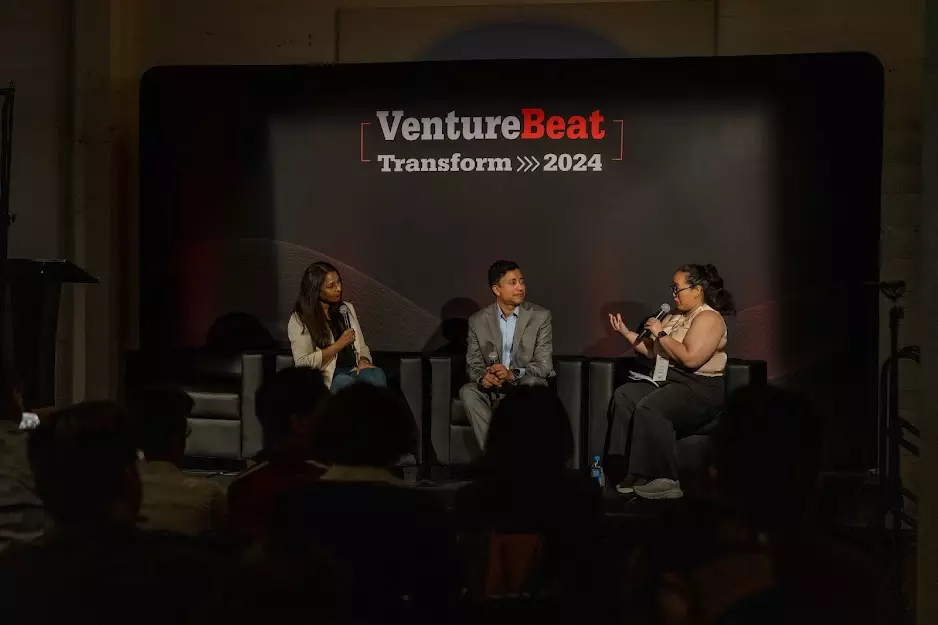Integrating generative AI into the healthcare sector is not merely about incorporating new technology, but about streamlining processes and saving time for everyone involved. Kiran Mysore, chief data and analytics officer at Sutter Health, and Aashima Gupta, Google Cloud Director for global healthcare, emphasized the role of generative AI in reducing administrative burdens during clinical visits at VentureBeat’s Transform event in July.
The healthcare industry has always been at the forefront of technological advancements. Systems like Epic, a platform that allows patients to input their health information and enables medical providers to communicate, have significantly hastened the digitization process. Following the onset of the Covid-19 pandemic, there was a heightened demand for access to health information, prompting a swift industry response.
Gen AI offers a plethora of use cases in healthcare, ranging from workflow improvements to the analysis of medical imaging. Major organizations like Kaiser Permanente have integrated AI into their operations, leveraging predictive analytics to proactively monitor patients. Mysore highlighted the importance of enhancing both the patient and physician experience through AI, facilitating more personalized and efficient interactions between them.
For Sutter Health, the adoption of AI has resulted in tangible enhancements in patient care and physician satisfaction. By utilizing AI, physicians are able to gain a deeper understanding of a patient’s medical history and devote more time to meaningful conversations with them. Despite the undeniable benefits, Gupta emphasized that gen AI is not utilized for diagnosing patients, emphasizing that the technology is still in its early stages.
Google Cloud’s approach to AI in healthcare revolves around empowering clients with the tools and capabilities to leverage their data effectively. One example is MedLM, an industry-specific model deployed on Google’s Gemini platform, which aids in summarizing nurse shifts and reducing the need for manual shift reports. Additionally, Google Cloud’s tools enable medical providers to efficiently identify connections between ailments and medications, minimizing the time spent on potential counteractive prescriptions.
Despite the undeniable potential of AI in healthcare, there remains a sense of discomfort and resistance among some individuals, particularly healthcare professionals. Both Gupta and Mysore acknowledged the importance of addressing concerns and ensuring proper engagement with stakeholders to foster trust in AI technologies. In an industry as highly regulated as healthcare, building trust and addressing user apprehensions are paramount for successful AI integration.
The introduction of generative AI in healthcare has the potential to revolutionize clinical practices, enhance patient care, and streamline administrative processes. While challenges such as resistance and trust issues persist, continued collaboration between industry stakeholders and technology providers is key to maximizing the benefits of AI in healthcare.


Leave a Reply